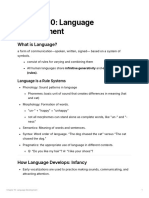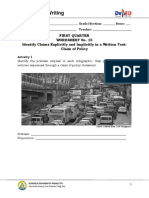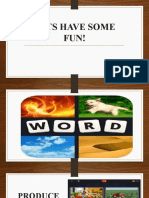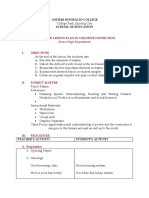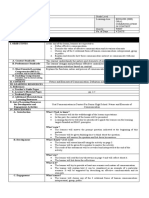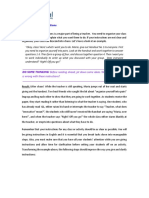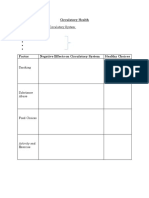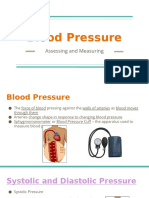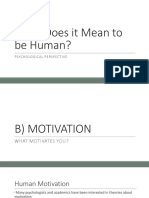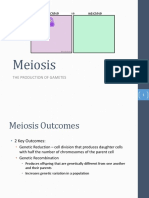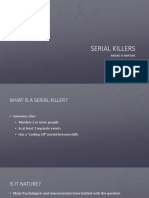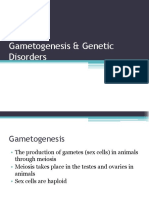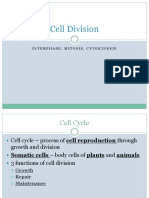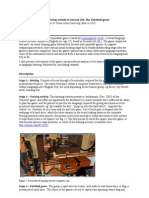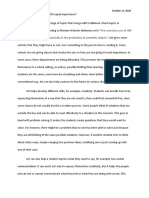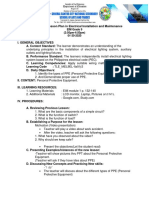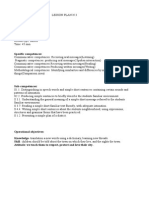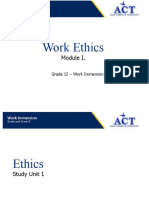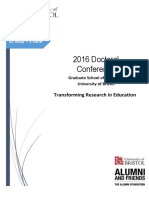0% found this document useful (0 votes)
267 views15 pagesLanguage Development
This document discusses language development in young children and provides an overview of the stages of language acquisition according to psychologists. It presents the main stages of language development from babbling to first words to combining words into sentences. The document also discusses theories of how children learn language, including learning theory which emphasizes environmental stimuli, and innate acquisition theory which posits humans have an innate ability to acquire language. Finally, it suggests an activity where students discuss their first experiences with language and play a game of descriptive charades.
Uploaded by
api-352801580Copyright
© © All Rights Reserved
We take content rights seriously. If you suspect this is your content, claim it here.
Available Formats
Download as PPTX, PDF, TXT or read online on Scribd
0% found this document useful (0 votes)
267 views15 pagesLanguage Development
This document discusses language development in young children and provides an overview of the stages of language acquisition according to psychologists. It presents the main stages of language development from babbling to first words to combining words into sentences. The document also discusses theories of how children learn language, including learning theory which emphasizes environmental stimuli, and innate acquisition theory which posits humans have an innate ability to acquire language. Finally, it suggests an activity where students discuss their first experiences with language and play a game of descriptive charades.
Uploaded by
api-352801580Copyright
© © All Rights Reserved
We take content rights seriously. If you suspect this is your content, claim it here.
Available Formats
Download as PPTX, PDF, TXT or read online on Scribd
/ 15












